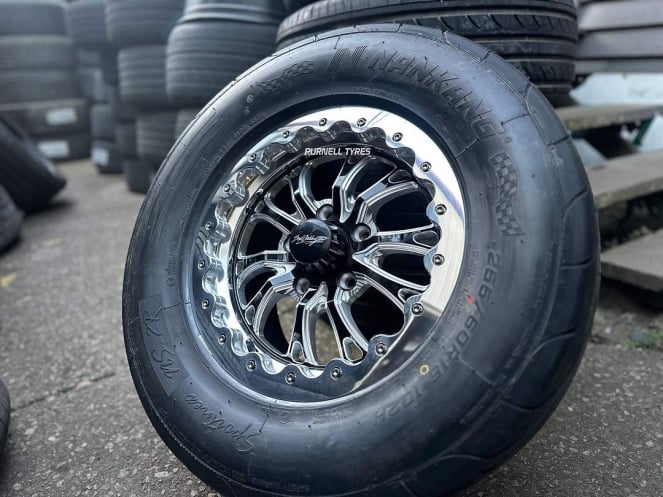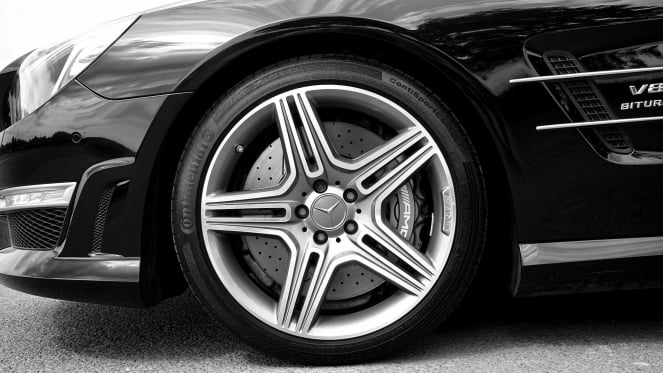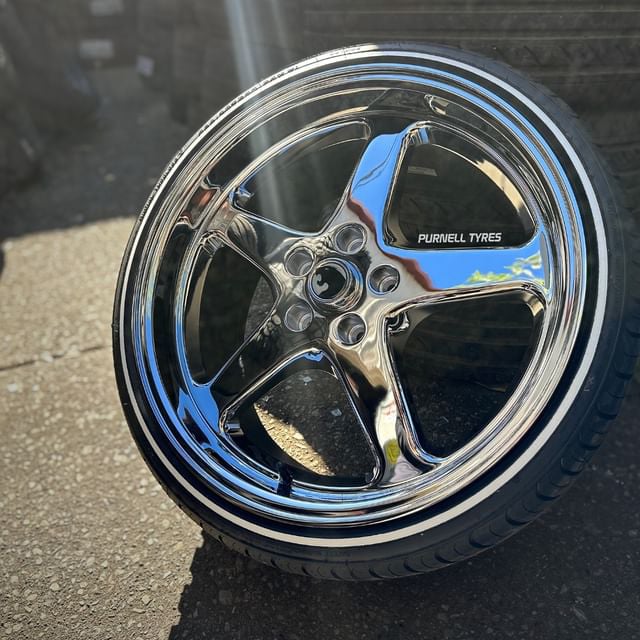
Upgrade Your Vehicle's Performance with Purnell Tyres Waterford, Queensland
When it comes to maximizing your vehicle's performance, the role of Car Wheels cannot be underestimated. From ensuring proper alignment to selecting the right weight and size, each aspect plays a crucial part in enhancing how your car handles the road. The materials and design of your wheels are equally significant factors that can greatly impact your driving experience. So, next time you hit the road, consider how your wheels contribute to your vehicle's overall performance.



